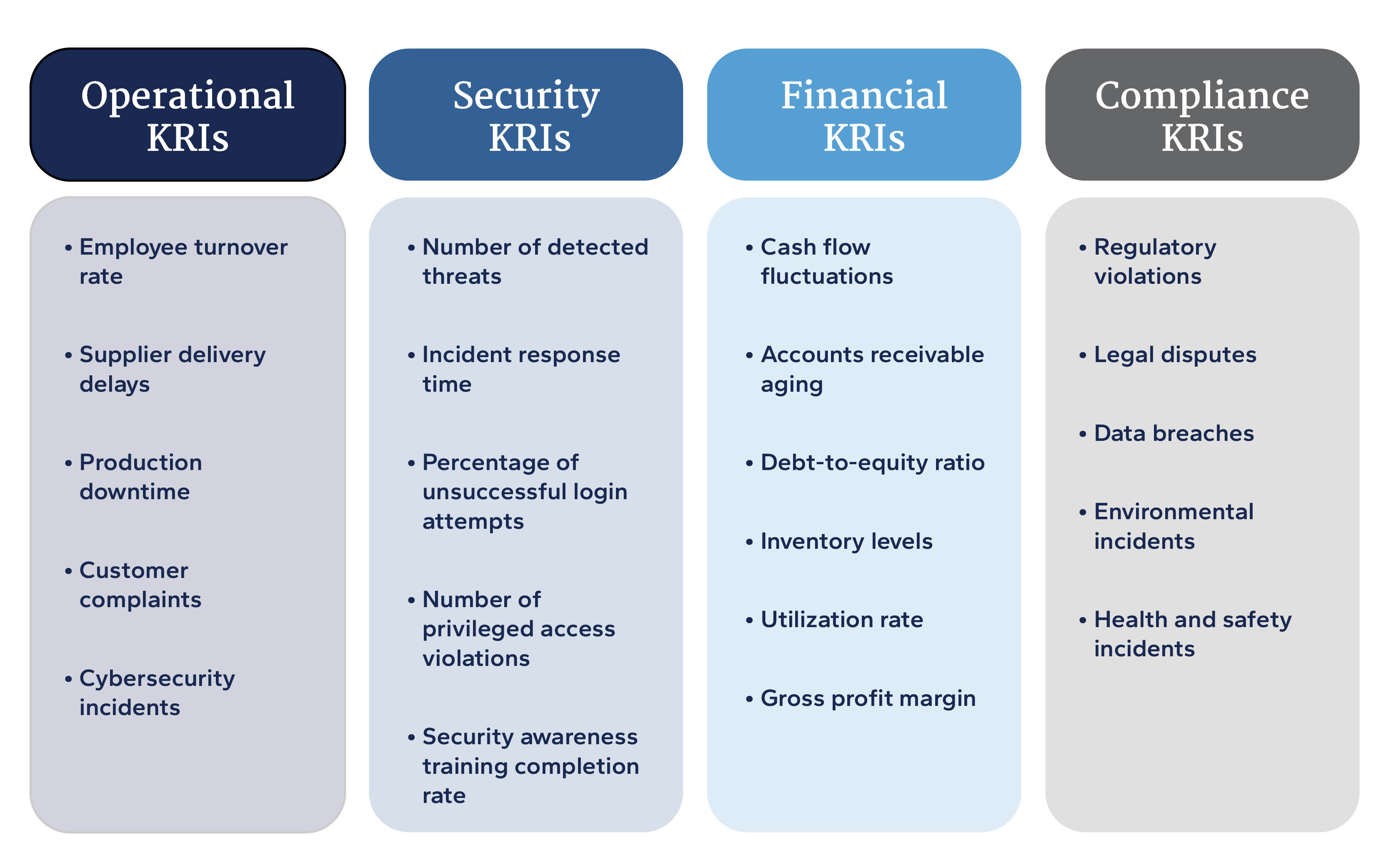Key Takeaways
- Businesses need to focus on leading indicators, effective forecasting, and sound data strategies to make informed decisions and improve financial, operational, and technical performance.
- Proactive risk management and adapting to changing regulations and emerging threats are crucial for maintaining a strong security posture.
- Companies should consider diversification, mergers and acquisitions, and increased technology adoption to drive efficiency and ensure long-term success.
Every organization has the opportunity to realize its potential. After all, business confidence stands at an all-time high with 85% of leaders expecting growth going into 2025 and increased optimism in the U.S. economy.
But let’s be clear: strong circumstances alone can’t pave the way for successful results. For businesses to make a habit of sustained success, you need to focus on optimizing financial, operational, and technical strengths – both now and into the future.
At Eide Bailly, we see three key challenges that prevent businesses from realizing their potential:

Lack of visibility into basic business performance.

Inability to adapt ever-changing regulations and cyber threats.

Planning that doesn’t connect today’s operations with tomorrow’s growth.
But there is an opportunity to move forward in a stronger, more strategic way. Focusing on optimal performance and protecting what you’ve built will help shape your business’s future with intention. Here’s how.
Optimal Performance: You can’t build a business with the tools of the past
Knowledge is power. When you have a clear line of sight into the core business areas, you can make smarter, faster decisions that have an immediate impact.
This all begins by making informed decisions with accurate data. Yet, this is often easier said than done. Without the right data, uninformed decision-making can cost a company as much as $250 million annually.
Focusing on key performance indicators, effective forecasting, and sound data strategy will help you get a clear snapshot of your current state and future direction.
Here’s how visibility can equip your business:
- Operational:
How Organizations Can Increase Profitability
The Role of Technology in Performance
Technology will play a stronger role than ever before. AI innovation is the number one goal of CEOs, according to IBM. And early adopters of Copilot for Sales users report an 83% increase in productivity.
Yet again, many businesses simply aren’t ready for this level of change. Only 25% of executives strongly agree that their organization’s infrastructure is ready to scale AI across the enterprise.
We recently polled business leaders across the country. The results are clear. Value is impossible without first addressing your data. In fact, top AI struggles include:
- 45% Lack of clarity on where to begin
- 21% Concerns related to security and governance
- 18% Uncertainty around AI’s value, impacting buy-in and resource allocation
- 17% Challenges with data quality
Karla Mills, Director of the Data Management Team at Extra Space Storage, credits their data strategy and modernization to the business’s continued success: “We’re able to deliver data to end-users much faster, with higher efficiencies and greater reliability, giving the business more options on how they can make decisions.”
Protect What You’ve Built: The safest move is always moving forward
In an unpredictable world, fear of change is the greatest threat to your security. Treating risk management as another checklist item ultimately creates a weak security posture.
It all begins with being proactive. Consider your key risk indicators, which act as an early warning system. Establishing these indicators will help you proactively identify and address potential issues before they escalate.

Other areas to watch include ever-changing regulations and emerging threats. In fact, companies of all sizes ignore up to one-third of security alerts. To combat this type of “alert fatigue,” consider utilizing automation and AI to respond to and prevent potential threats.
The greatest opportunity to protect what you’ve built is a strong, strategic framework that aligns with overall business goals.
Here’s how to leverage security in a few key industries:
Prosper into the Future: Small steps today, big successes tomorrow
The future is more than just transition or exit. Diversification of products and verticals, merger and acquisition opportunities, and an increase in technology adoption are all part of your potential future growth.
Even if you’re not ready to discuss an exit strategy, early planning is critical. A Gartner survey found that only 51% of board directors say there is a written plan for the current CEO’s succession.
Without this planning, unforeseen circumstances can back you into a corner – with business goals and company culture being left aside. In addition, early planning gives you greater flexibility for market changes, economic circumstances, and proactive, tax-efficient strategies.
Prospering into the future
Regardless of what next looks like, concrete steps in the “now” can help you succeed long-term. Prioritizing strategic planning and innovation has even led to an average revenue growth of 10% or more per year.
Things to consider as you plan:
- Develop a comprehensive financial plan that aligns with business growth goals.
- Invest in future-focused forecasting.
- Get really good at understanding and mitigating potential risk.
- Leverage technology to increase operational efficiency.
The reality is that the ideas of tomorrow begin with clear steps today. Here’s what you need to know.
Always Moving Forward
Growth doesn’t come from standing still. Our experiences show that the strongest businesses know that optimization and protecting what you’ve built will help you prepare for the future you’ve always imagined.
So we ask: what’s standing in the way of achieving your potential?
Make a habit of sustained success.





